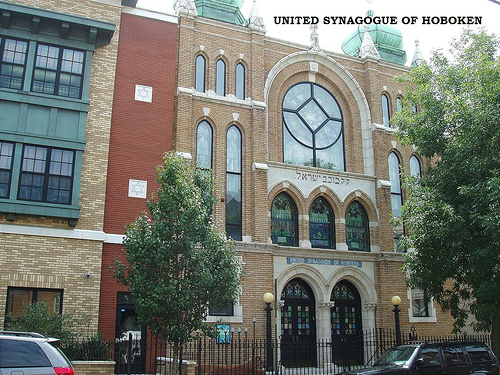Recently I have been presented with clients dealing with options to renew a commercial lease. Usually these options are exercised by the Tenant with no real dispute. However, in one case the language to renew stated that the tenant had to “give written notice to renew within 60 days of the end of the lease” Well, at the end of the original lease term, when the tenant went to pay the rent the landlord refused the rent stating that the tenant had not renewed the lease within 60 days and that he was going to double the rent. The tenant promptly gave written notice that he was going to renew the lease; it was 20 days after the lease ended, but while the tenant was still in possession.
The question is what does “within” mean? In this case the landlord drafted the rider to the lease which contained this language. Since the renewal of the lease is for 10 years the definition of the word “within” is literally a million dollar question. This is a perfect example of how important precision in language is in contractual agreements. Since the word “within” can mean both before and after the lease ending date, the tenant will most likely win, especially since there are other words that could have supported the Landlord’s intention such as prior, before or preceding.
 Hoboken Family Law Blog
Hoboken Family Law Blog




